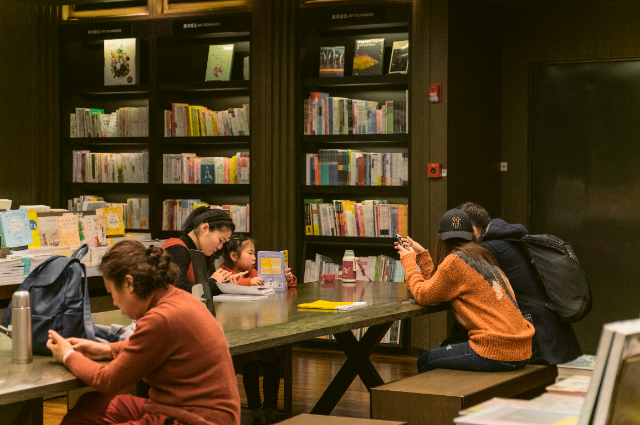
There was a time when reading was slow. People sat with a book or an article and gave it full attention. Words had the space to breathe, and thoughts could unfold naturally. Today, that calm is almost impossible to find. We move from screen to screen, video to video, never staying long enough to feel what we just saw. Somewhere between our scrolling and swiping, our ability to focus has quietly faded.
Short-form media has reshaped how we spend time and how our minds work. Fifteen-second videos, thirty-second reels, endless feeds, everything is built for speed. These short bursts of content make us feel entertained, informed, even connected, but they come at a cost. We are losing the patience to stay with one thing. We read headlines, not stories; summaries, not arguments.
A few decades ago, reading a long feature or a novel was normal. People were willing to stay with a slow rhythm of thought. But now, the internet rewards attention that jumps. Social media platforms are designed to hold you with small hooks: a sound, a caption, a face, a movement. Each swipe releases a small shot of dopamine, teaching your brain to want more, but never enough to stay satisfied. It’s like feeding hunger with candy you keep eating, but you’re never full.
Scientists have started to notice this change. In 2023, researchers found that constant short-form video use leads to measurable declines in attention and memory. Another study from the [National Library of Medicine] connected heavy short-video consumption to procrastination and poor focus among students. Our brains are learning new patterns, expecting reward instantly, and getting bored when something takes time.
This isn’t just a technological issue; it’s emotional. The human mind needs stillness to understand, but our environment doesn’t give it anymore. When every moment carries a notification, silence feels unnatural. Reading a full essay becomes difficult not because it’s long, but because our thoughts keep reaching for the next thing. The attention span that once allowed people to enjoy complexity has been replaced by the constant urge to refresh.
Writers, too, feel the shift. They know that readers may not make it to the end of a paragraph. Many online platforms now push short content, quick reads, lists, and summaries. Writing itself has started shrinking to fit the shrinking patience of its audience. Even journalists talk about “scroll depth,” measuring how far readers go before dropping off. The craft of storytelling is quietly bending to the rules of the algorithm.
In classrooms, teachers describe a similar struggle. Students, who once read entire chapters, now find it difficult to stay with the text for more than ten minutes. A report from [The Campanile] noted that many students lose concentration quickly after exposure to short-form platforms. Teachers say they must now break lessons into smaller, faster segments to keep attention alive. Learning itself is being reshaped to suit the rhythm of scrolling.
Psychologists call it “attention fatigue.” Every time we switch between apps or tabs, our mind uses energy to refocus. Over time, the brain becomes wired for distraction. Dr. Gloria Mark, a professor at the University of California, explained in an [APA interview] that attention works like a muscle; it strengthens when used, but weakens with neglect. When every second online asks us to react, we stop training our ability to stay still.
Yet, not all hope is lost. A quiet movement is forming, readers trying to reclaim focus in small ways. Some are turning back to printed books, keeping phones out of reach. Others join “slow reading” groups that meet in silence, just to read for thirty minutes without interruption. It’s not rebellion; it’s recovery. People are starting to realise that constant connection isn’t the same as understanding.
The truth is, reading is not just a habit; it’s a kind of listening. When we read slowly, we listen to another mind, another rhythm of thought. That’s how empathy grows, not through instant reactions, but through sitting with someone else’s words long enough to see the world as they do. When attention dies, that kind of connection dies too.
Short-form media isn’t evil. It brings creativity, laughter, and access to voices that once went unheard. But the danger lies in letting it replace depth altogether. We can enjoy a reel and still return to a book. We can scroll for fun and still stay with something that asks for patience. The problem begins only when we forget what slow thinking feels like.
Maybe the way forward isn’t to reject short media but to balance it. To choose moments when we stop, breathe, and give one thing our full mind. Because somewhere between endless distraction and quiet focus lies our ability to understand the world and ourselves.
If we lose that, we don’t just lose attention. We lose a part of what it means to be human.
References:
- arXiv Study on Short-Form Video and Attention Decline https://arxiv.org
- National Library of Medicine — Short Video Use and Procrastination https://pmc.ncbi.nlm.nih.gov
- The Campanile — Short-Form Content and Attention Span https://thecampanile.org
- APA Interview with Gloria Mark — “Attention Spans” https://www.apa.org
